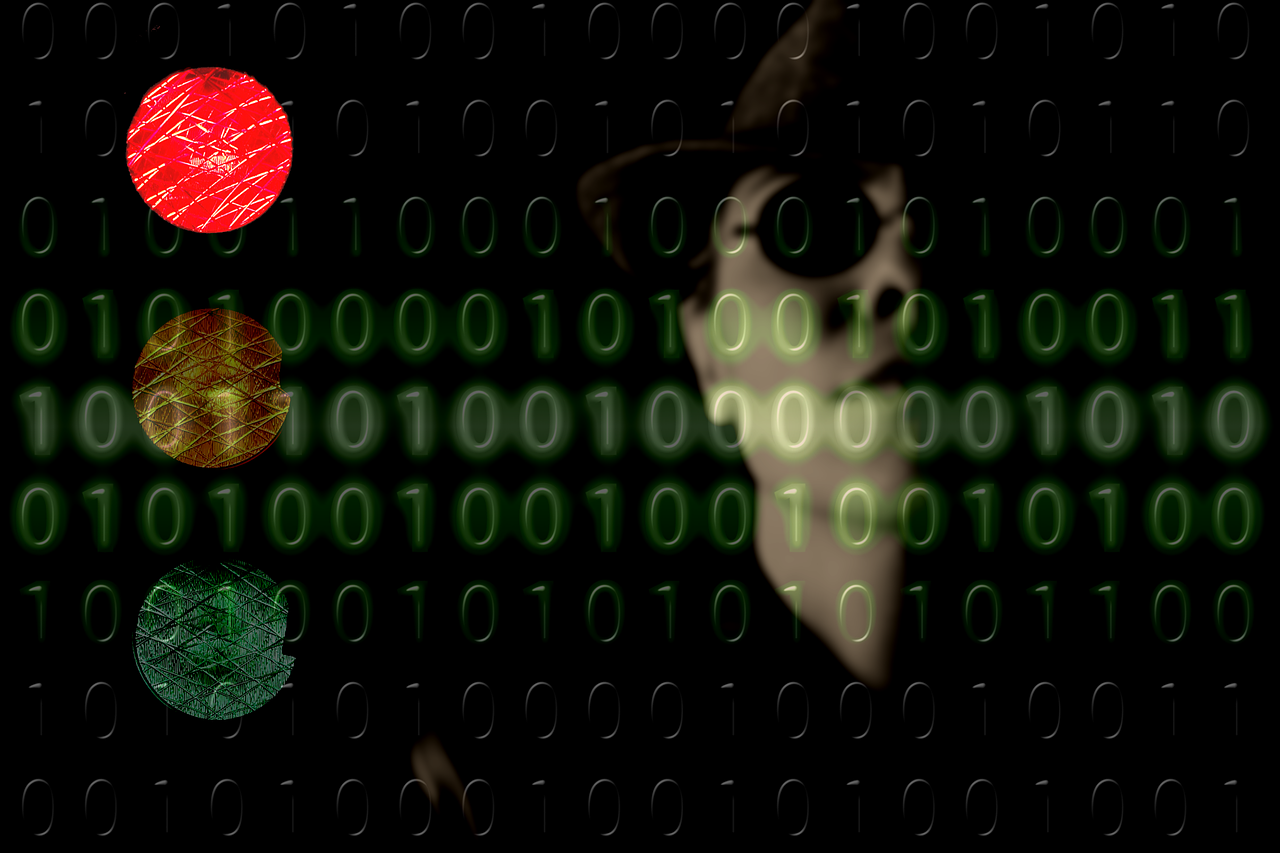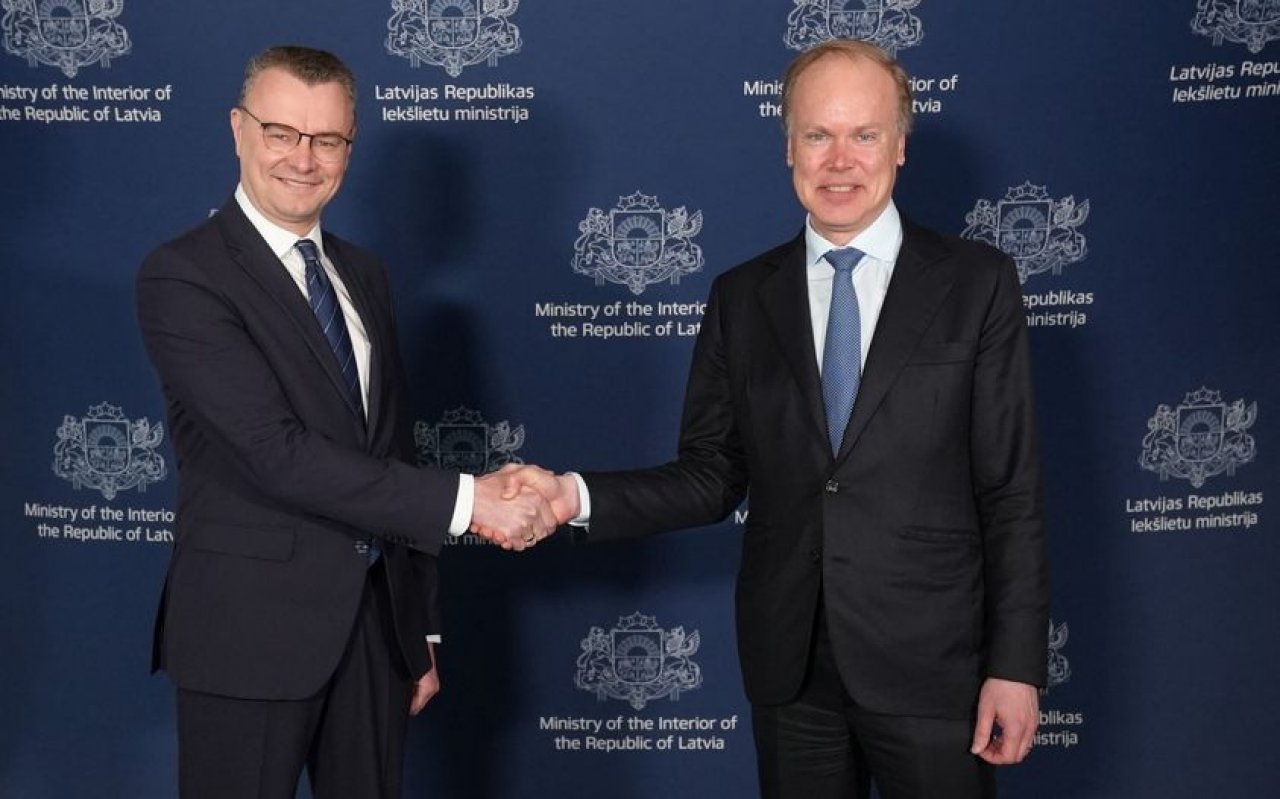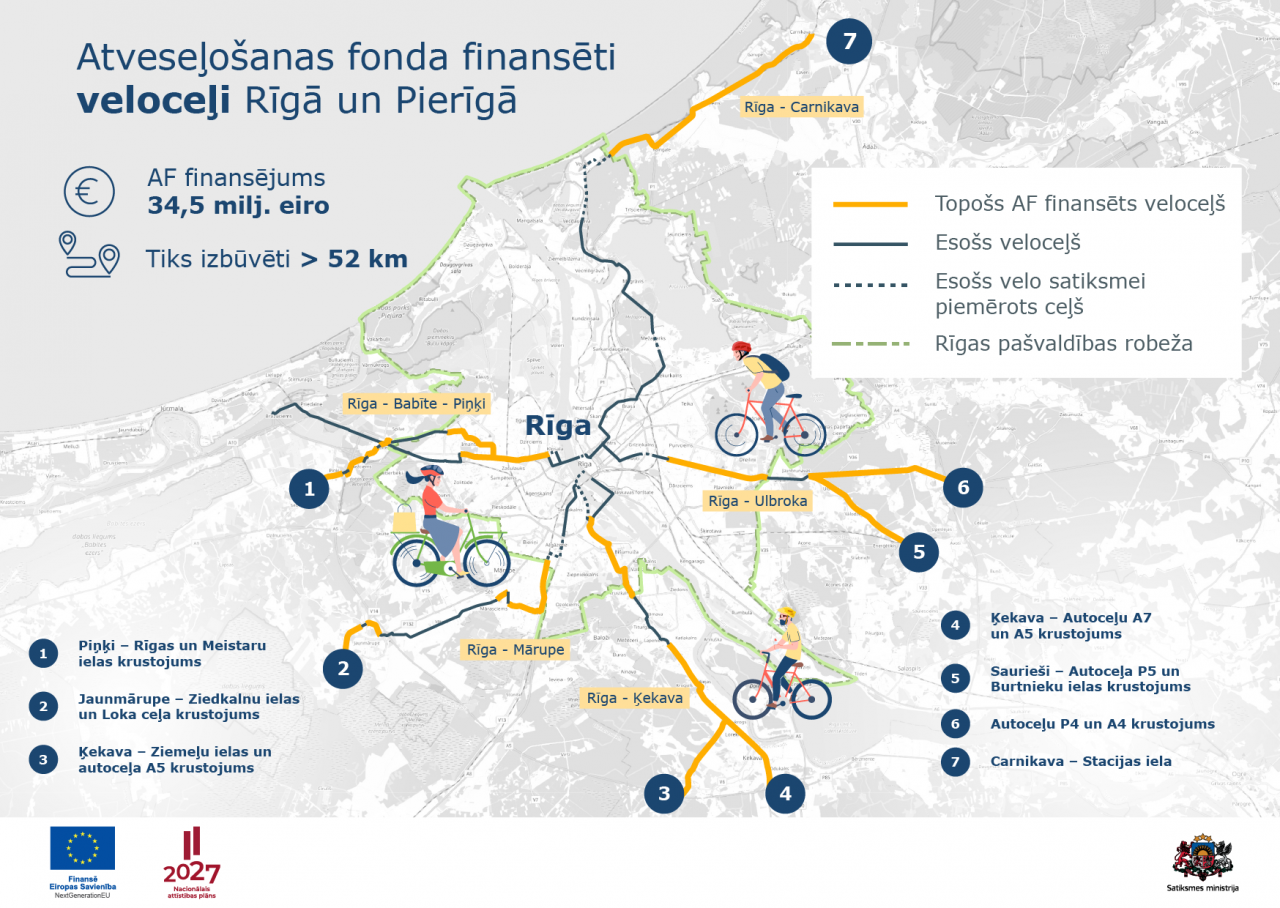The State Police is involved in a broad international operation and campaign "Power OFF," which has led to the closure of multiple illegal platforms providing Distributed Denial-of-Service (DDoS) attacks. Coordinated by Europol and involving 15 countries, this operation marks a significant step in the fight against cybercrime, particularly as the holiday season approaches.
During the operation, the State Police identified several Latvian individuals who had registered for criminal DDoS-for-hire online services. These individuals will be invited for interviews or receive warning letters.
In total, the "Power OFF" operation dismantled 27 popular platforms that allowed cybercriminals to overload target websites with fake traffic, rendering them inaccessible. Three platform administrators in France and Germany were arrested, and preventive measures were taken against users who had purchased these services.
To deter individuals from engaging in such criminal activities, law enforcement agencies from participating countries launched an educational campaign on December 11th. This campaign targets potential online offenders and highlights the consequences of DDoS attacks. Additionally, the campaign employs traditional methods such as warning emails and letters to users, regardless of their level of involvement.
The Cybercrime Division of the State Police's Main Criminal Police Department has identified several Latvian residents who registered for a criminal DDoS-for-hire online service, causing damage and disruptions to automated data processing systems. Forty-two individuals will receive warning emails, while seven will be invited for in-person interviews.
Europol's European Cybercrime Centre (EC3) led operational meetings and organized intensive week-long technical sprint sessions to develop investigative leads for the final phase of the operation. Europol also provided analytical support, conducted cryptocurrency tracing, and offered digital forensics assistance. Moreover, Europol facilitated information exchange with the Joint Cybercrime Action Taskforce (J-CAT), operating at its headquarters.
The holiday season is traditionally a busy period for cybercriminals who launch DDoS attacks, resulting in significant financial losses, reputational damage, and operational disruptions for affected organizations. The motives behind these attacks vary, ranging from ideological reasons to financial gain.
Participating countries in the operation include Australia, Brazil, Canada, Finland, France, Germany, Japan, Latvia, the Netherlands, Poland, Portugal, Sweden, Romania, the United Kingdom, and the United States. Europol, with the world's largest network of liaison officers from EU member states, served as the primary coordinating body.
The State Police reminds the public that involvement in or support of DDoS attacks is a criminal offense. Law enforcement agencies will continue to actively work to protect the public and institutions from cyber threats.
The European Union provides funding to Europol to support its various activities, including the fight against cybercrime. This funding enables Europol to conduct investigations, coordinate international efforts, and provide resources to law enforcement agencies across the European Union.
Picture: pixabay.com.


